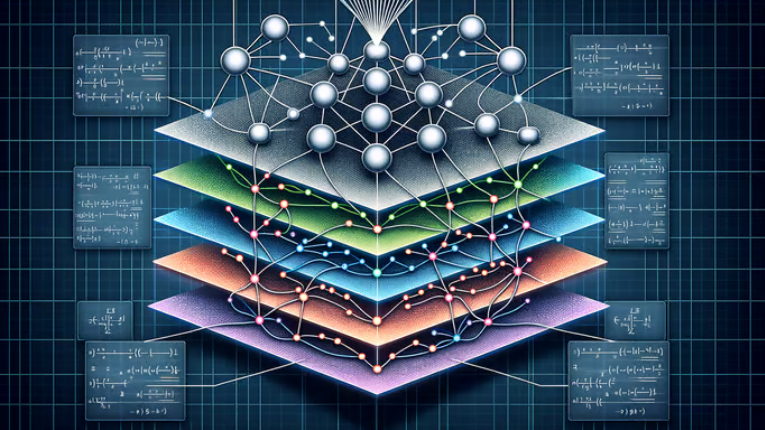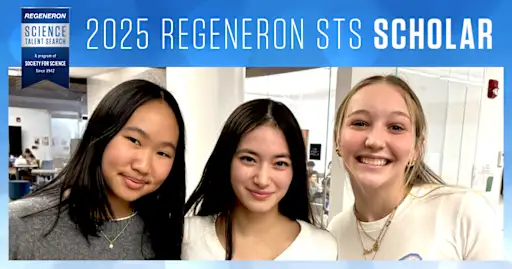Artificial intelligence (AI) is not just something we read about in science fiction anymore – it is a part of our everyday lives, from voice assistants on our phones to personalized recommendations on streaming platforms. As AI technology advances, the competition to develop the most sophisticated systems has never been stronger. Enter DeepSeek, the latest contender in the race, which has quickly taken the tech world by storm. Launched in December 2024, DeepSeek positioned itself as one of the most advanced systems to date, challenging established players like OpenAI’s ChatGPT and Google’s Gemini. The contrast with industry giants raises important questions, particularly as China continues to make significant strides in AI development. How might these advancements alter the global balance of power? A closer examination of DeepSeek reveals its potential to signal a new era – one that could fundamentally reshape how society functions.
DeepSeek was officially launched by a consortium of Chinese researchers, with funding and backing provided by the hedge fund High-Flyer. The AI model quickly gained attention due to its impressive accuracy and ability to respond to various queries across multiple domains, despite being originally developed for making bets in the Chinese stock market. One of its key selling points is cost-effectiveness – DeepSeek is free to use, yet its performance is considered superior to some of the top models in the market, such as ChatGPT and Gemini.
ChatGPT and Gemini are among the most popular conversational AI programs globally. ChatGPT, while the most recognized program, excels in language processing and creative tasks such as writing, coding, and content generation. However, it often struggles with highly specialized tasks or understanding important details in complex subjects, such as literature. Google’s Gemini, on the other hand, integrates advanced search capabilities with machine learning. Machine learning is a branch of artificial intelligence that enables systems to learn from data, identify patterns, and make decisions or predictions without explicit programming. This capability makes machine learning particularly valuable for analysis because it can efficiently handle large, complex datasets, uncover hidden insights, and adapt to new information. Nevertheless, it is not as versatile when it comes to tackling broader or more creative tasks. In contrast to these companies, DeepSeek surpasses the capabilities of both ChatGPT and Gemini. According to Liang Wenfeng, the founder of DeepSeek, The model not only understands language but is also capable of synthesizing and predicting outcomes based on a broader set of data.” This ability makes it invaluable for industries like finance, healthcare, and logistics, where nuanced decision-making is essential for success, enabling it to address challenges beyond the scope of existing AI systems.
Having a substantial government investment and a growing tech sector, China is positioning itself as a future leader in AI development. As models like DeepSeek improve, they could disrupt American dominance in key areas such as data security, machine learning innovation, and intellectual property rights. The National Security Commission on AI has already raised concerns that China’s rising technological prowess could undermine America’s leadership in these sectors. Moreover, China’s AI versions are typically 20 to 50 times more affordable than those produced by companies like OpenAI, yet still on par with their functions. This affordability could shift the balance of power, while U.S. companies may need to innovate rapidly to keep pace or risk losing market share.
With so much power concentrated in the hands of a few companies, it is understandable that calls for regulation are growing louder to maintain fair competition. The Organisation for Economic Co-operation and Development (OECD) posted a study in 2023 that highlighted the potential dangers of AI monopolies. These include higher costs, entry barriers for new players, and the danger of too much power being concentrated in the hands of a few companies or countries. Suppose only a handful of entities control the development of powerful AI tools. In that case, they risk monopolizing the market and limiting access for smaller companies, making it harder for startups to compete. To prevent this, experts advocate for global AI regulations that ensure fair competition. The European Union, for instance, is already working on its Artificial Intelligence Act, which aims to create rules for safe and responsible AI development. Such frameworks could help to mitigate the threats of unequal power and ensure that these services benefit society at large, rather than just a select few companies or nations.
As we move toward a world where AI plays an integral role in how we work, communicate, and even think, it is crucial to strike a balance between innovation and fairness. The decisions made today regarding AI development and regulation will have far-reaching implications, particularly in terms of ethics. Despite this, one thing is certain: AI is here to stay, and its influence will only continue to grow.







